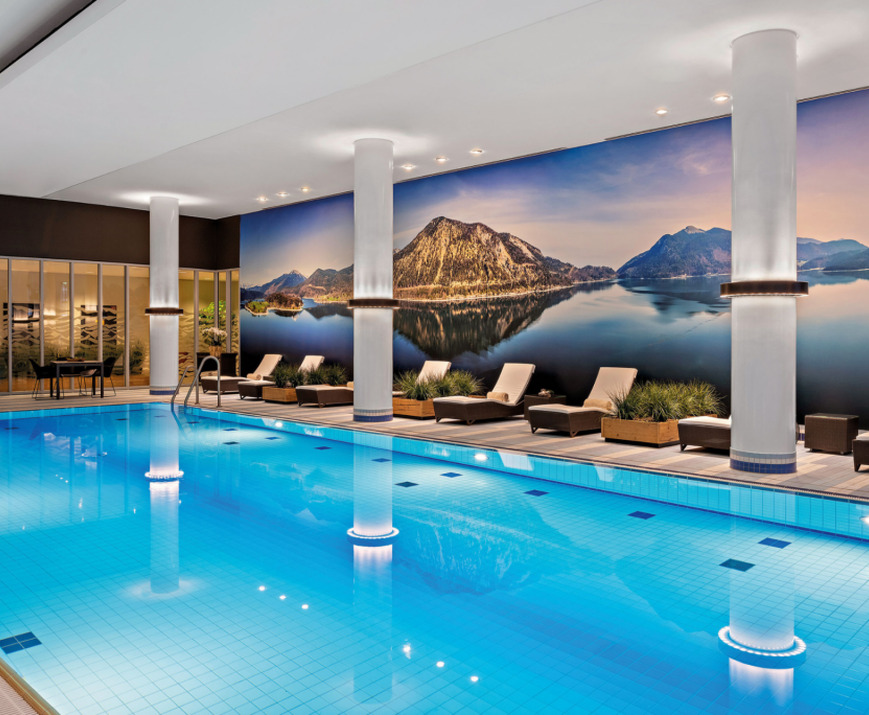
Imagine a place where the hum of jet engines fades into the background, replaced by the gentle murmur of water and the scent of eucalyptus. This isn’t a daydream—it’s the reality at Mountain Hub Spa, a haven carved into the chaos of transit, where stress evaporates like morning mist.
Here, luxury isn’t just a buzzword—it’s a carefully crafted spell. A 17-meter indoor pool glows like liquid sapphire, Finnish saunas bake away tension like kilns firing clay, and steam baths wrap guests in clouds of scented warmth. The fitness studio? A temple of endorphins, where treadmills face panoramic windows, turning workouts into meditations on the sky.
"We’re not just a spa—we’re a time machine," says Alexander Chetchikov, the visionary behind the operation. "Thirty minutes with us can erase eight hours of cramped economy seats and stale airplane air."
Unlike exclusive clubs with velvet ropes, this sanctuary welcomes all:
The treatments read like a poet’s notebook: jet lag elixirs involving warmed Himalayan salt stones, cloud walker massages that mimic weightlessness, and customizable wellness packages tailored tighter than a first-class seatbelt.
Since 2015, the spa has operated with the precision of a Swiss watch—each therapist a virtuoso, every towel warmed to the exact temperature of human comfort. The recent industry accolade isn’t just another trophy; it’s confirmation of what frequent flyers have known for years: this is where travel fatigue goes to die.
As the world moves faster, places like this become more vital—not just spaces, but interventions. The next time you’re sprinting through Terminal B, remember: paradise might be just past the duty-free shop, disguised as a spa.
















